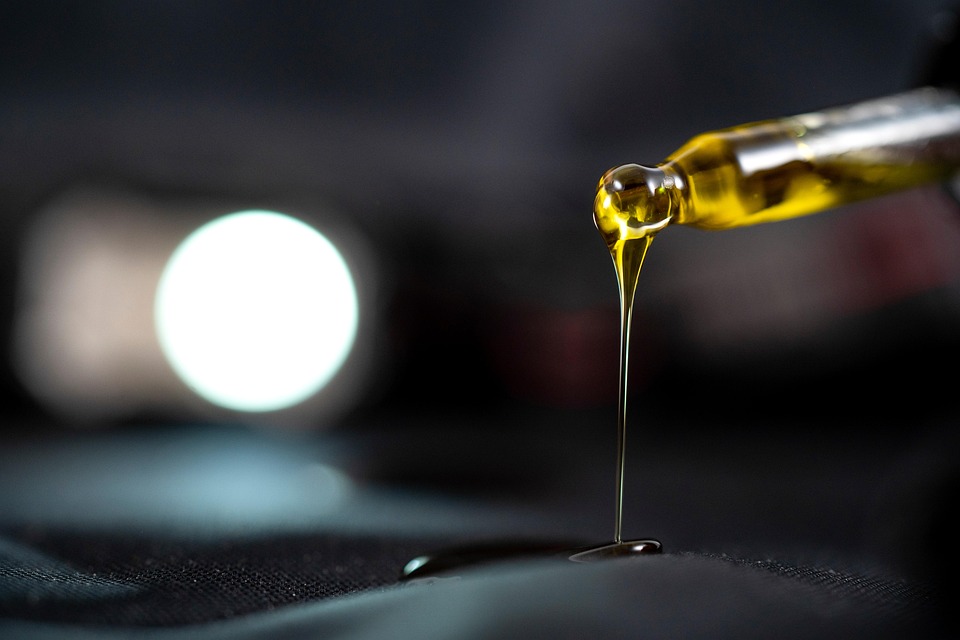Agitation in hydraulic pumps can easily generate foam, which increases the compressibility of the hydraulic oil and affects the stable operation of the system. Furthermore, bubbles can reduce the lubrication and cooling properties of the hydraulic oil, hindering the operation and heat dissipation of internal components. Furthermore, bubbles easily burst in high-temperature environments, releasing oxygen, which can cause the concentrate to oxidize and deteriorate, affecting hydraulic quality. Therefore, hydraulic oil defoamers are an effective measure to reduce and control bubbles in hydraulic oil, thereby helping to extend the service life of hydraulic systems and equipment.

Metalworking Fluid Foam Solutions - Hydraulic Oil Defoamers
In industrial production, the main hydraulic oil defoamers used include polyether defoamers, silicone defoamers, and polyether-modified silicone defoamers. Polyether defoamers have strong foam suppression and dispersibility, and are resistant to strong acids, alkalis, and high temperatures. Silicone defoamers have low surface tension, high activity, and strong defoaming ability, but their foam suppression is poor. Polyether-modified silicone defoamers combine the advantages of the aforementioned two, offering high dispersion, stable performance, and strong defoaming and anti-foaming capabilities, thus holding promising market development and application prospects.
Despite the numerous advantages of hydraulic oil defoamers, their use must adhere to industry standards to minimize impacts on hydraulic support operation safety. Defoamers are dispersed rather than dissolved in the hydraulic oil. For optimal effectiveness, it is crucial to ensure uniform dispersion of the defoamer. This is particularly true in low-temperature environments, where precipitation of the defoamer can easily occur, leading to particle blockage of the valve block filter and impacting the support's proper operation.
Therefore, when using hydraulic oil defoamers, it is crucial to select defoamers with uniform dispersion and good environmental adaptability. Furthermore, given the challenges of maintaining cleanliness in coal mine production environments, impurities in the hydraulic oil or pump box are unavoidable. In addition to oil line blockage caused by the precipitation of defoaming agent particles, the pump box must be cleaned regularly. Clean the entire hydraulic system of the support's inlet circuit with clean emulsion to remove long-accumulated impurities in the pipes. This prevents localized excessive pressure from causing pipe ruptures and personal injury due to impurity blockage. Regular cleaning and maintenance also ensures the safe and stable operation of the hydraulic system.

